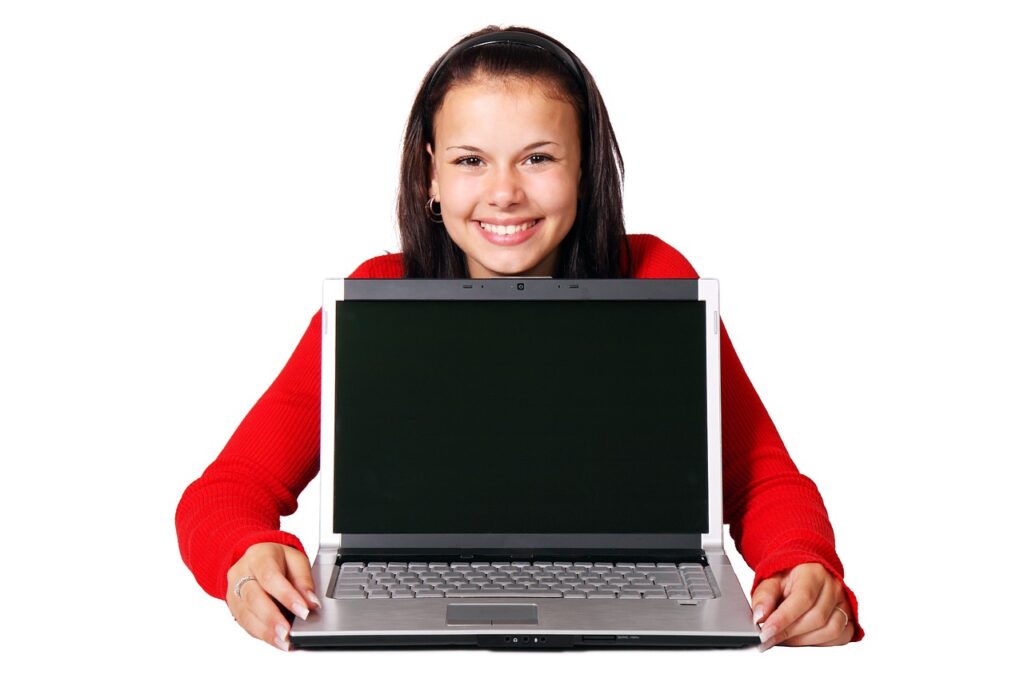Being safe online

There are lots of ways in which we can connect to others, but it’s also important to make good, helpful connections. Connecting online can be brilliant, but we need to make sure that these connections are genuine and safe.
Look below for tips on staying safe online.
Sourced from: a number of places including Staying safe online Childline which you can access via the following button:
Go to staying safe online Childlineand primary online safety information from the BBC which you can access via the following button:
Primary online safety information- Personal information: Don’t post any personal information online, such as your address, email address or mobile number.
- Selfies: Think carefully before posting pictures or videos of yourself. Once you’ve put a picture of yourself online most people can see it and may be able to download it. It’s not just yours anymore.
- Privacy settings: Keep your privacy settings as high as possible.
- Passwords: Never give out your passwords.
- Befriending: Don’t befriend people you don’t know.
- Meeting strangers: Don’t meet up with people you’ve met online. Speak to your parent or carer about people suggesting you do. Remember that not everyone online is who they say they are.
- Think before you post: Think carefully about what you say before you post something online. Once something is posted online, you often can’t take it back.
- Be nice: Respect other people’s views. Even if you don’t agree with someone else’s views doesn’t mean you need to be rude.
- Tell someone: If you see something online that makes you feel uncomfortable, unsafe or worried, leave the website, turn off your computer if you want to and tell a trusted adult immediately.
Look after your connectedness and it’ll look after you. Now, let's look at hope.